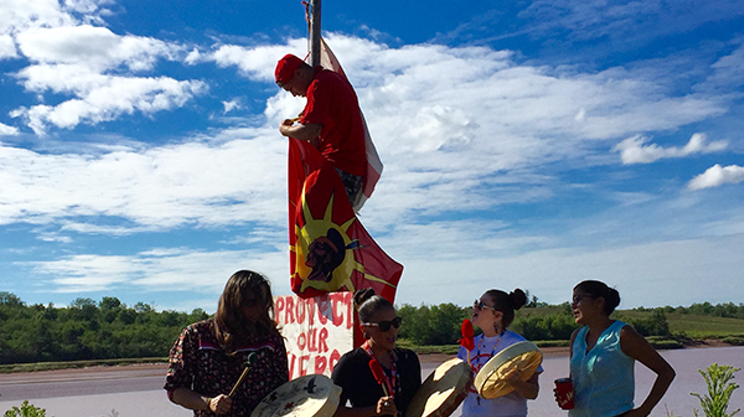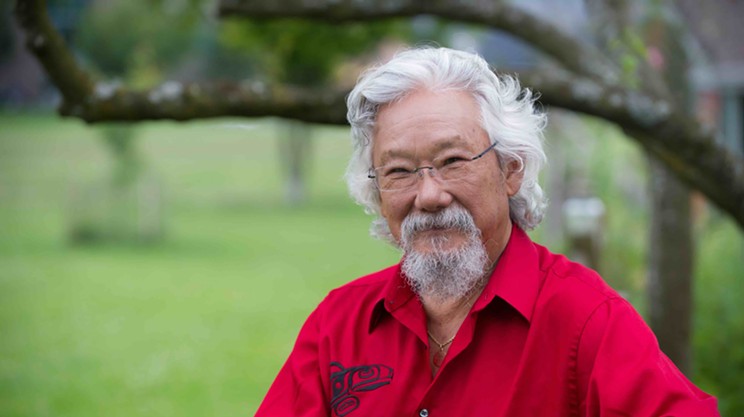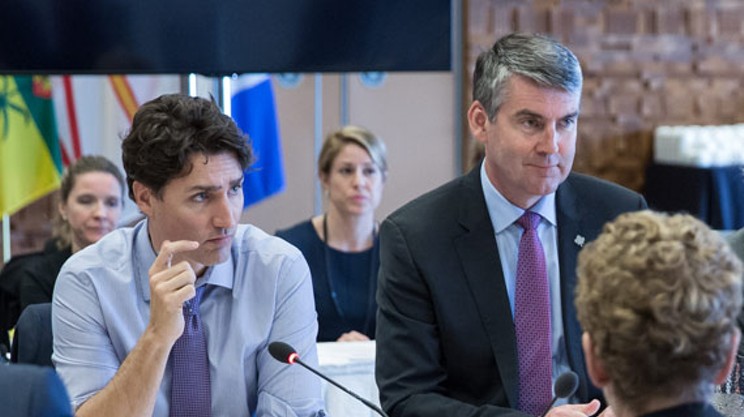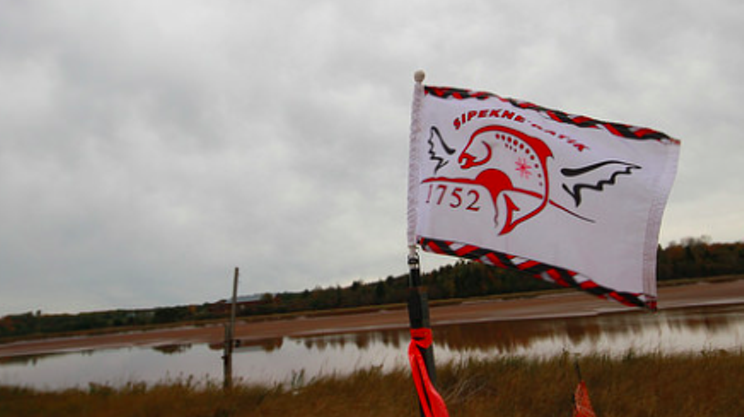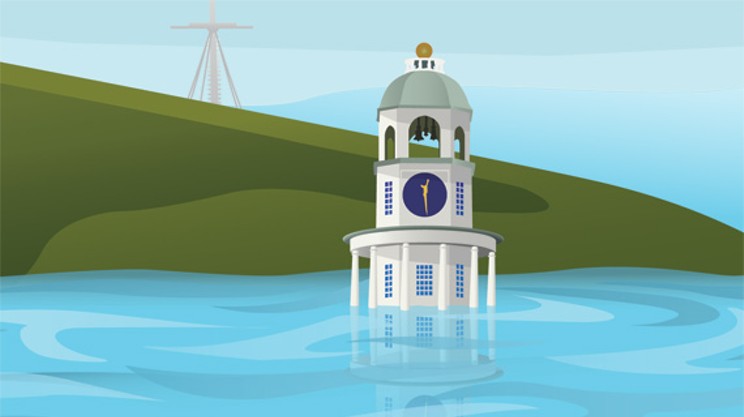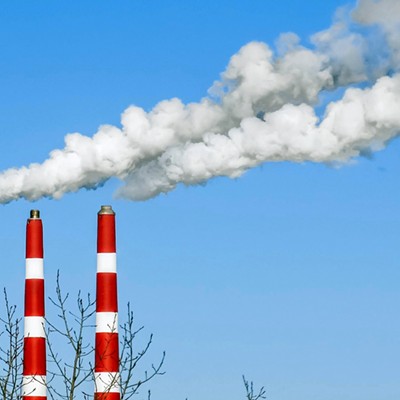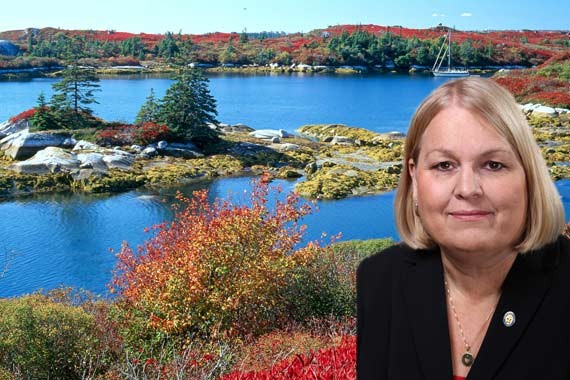
Admittedly, Margaret Miller isn’t quite up to speed on several files in her new political portfolio. The East Hants MLA spoke with The Coast just days after being named Nova Scotia’s new environment minister. She takes over from acting minister Randy Delorey (who replaced Andrew Younger in November). Given the complex environmental issues affecting this province, and the globe, she’s got a lot of work ahead of her. Miller’s answers have been edited for length and clarity.
What's the biggest environmental challenge facing Nova Scotia?
Right now, that I'm hearing the most about, is Alton gas project and what's going on with that. I'm hearing a lot from constituents in my area, certainly because it's bordering my area. But we do have a lot of concerns in the province, whether it's the Donkin coal mine, we have issues with quarries and mines—there's a lot of things going on.
Is Nova Scotia in a better or worse state than other provinces when it comes to environmental health?
Nova Scotia, from what I’m hearing, is doing a really great job. Some goals were set out early on, and I think that we have a real expectation that Nova Scotia will either meet or exceed those environmental goals that were set in place quite a few years ago.
The Donkin mine will potentially release megatons of greenhouse gases into the atmosphere. Should Nova Scotia still be mining coal?
You can say there are going to be preferred technologies, yes. But if we're already using coal, why aren't we using our own coal? Why are we importing coal from other places that may not have the same quality as local coal? I have a lot of briefing materials on Donkin mine. We really haven't had that talk, but it's certainly something we'll be talking a lot more about in the future.
COMFIT was cancelled back in the summer, ostensibly because it was successful. Why not instead enhance the capacity for renewable energy being produced?
You know, I haven't had any briefing on that at all. The only thing I really can share about COMFIT was that it was an expensive program. Yes, these were setting really high environmental goals, but I believe that this is like the bio-gases that were coming from diary farms, that type of thing. It's a more expensive form of fuel. But certainly that's not something I’m very familiar with at this point.
A growing topic is the impact and legacy of environmental racism. What can Nova Scotia do to better protect marginalized communities and better regulate that kind of damage?
I don't think we have to look at any segment or any part of our community as different than another. I think we have to respect the environment in all areas of our communities. I come from a farming and forestry background. The environment's always been important. Our nature, our province is so important. Nova Scotia, in the past I've had the opportunity to travel a little bit. When you talk about Nova Scotia, people see it as a real Shangri-La. When you talk about environmental racism, I think we need to look after everything in our province. We need to be looking after our coastlines, our scenery, our natural resources—but yet make the best use of them too so we also have a sustainable province.
Other provinces have instituted carbon taxes, or carbon pricing to try and combat climate change. That was something that was recommended by Laurel Broten's 2014 report, but it's not something Nova Scotia has in place right now. Would you be looking at instituting something like that?
I don't think there's anything that's really on or off the table at this point. That was certainly one of the recommendations of the Broten report, was to have that as a revenue-neutral program. I really haven't been briefed on that in the department, to find out what both sides of the story are or where we are with that kind of initiative. But it's certainly something we're going to be talking about going forward—not only with my department but also with the premier and all the ministers and MLAs in the province.
Will you be looking to re-open any discussion on the fracking moratorium?
Fracking was in my area. That was one of the first things I heard anything about when I decided to run. You know, fracking, I don't know if that door's ever going to be closed. Right now there is a moratorium in place, but there is still some room there for exploration or testing, I believe. So, that's something I can't see anything in the future happening with that, but you never know. Never say never, right? Fracking was done so badly in the Kennetcook area. The fracking wastewater ponds are still there. They're being taken care of slowly, but they are still there. Residents are living with that. It wasn't done properly, and I don't know if there's ever going to be a proper way for Nova Scotia, but it’s something we're going to have to wait and see.
***Interview conducted and edited by Jacob Boon***


